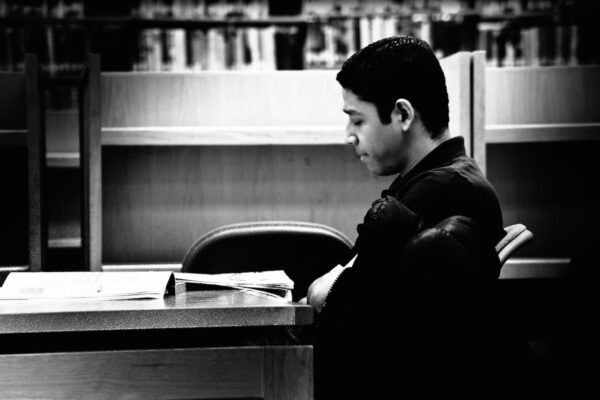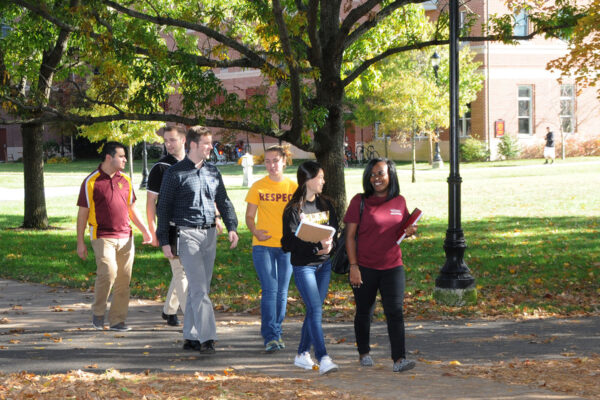Faces of Dreamers: Carlos Mendez-Durantes and Other Scientists
This is one in a series of posts on individual Dreamers, undocumented immigrants brought to the United States as young children, many of whom are under threat of deportation following the Trump administration’s decision in September 2017 to rescind the Deferred Action for Childhood Arrivals policy, or DACA.
Carlos Mendez-Durantes is a PhD student and Ford Foundation fellow studying cancer treatments at the City of Hope Comprehensive Cancer Center in Duarte, California. As a DACA recipient, Mendez-Durantes and other researchers like him face an uncertain future when it comes to continuing their studies.
The Scientific American last month profiled Mendez-Durantes and four other Dreamers making contributions to scientific research. Mendez-Durantes came to the Unites States from Mexico with his family when he was 10 years old. As a fourth-year PhD student, he is studying damage to cells from cancer treatments with the aim to develop therapeutic strategies.
“My family came here so that I can be where I am now, a PhD student,” Mendez-Durantes said. “My future is uncertain. I don’t know what’s going to happen to DACA. A lot of science funding requires citizenship or permanent resident status. I can’t get funding for my training or my science. I don’t know if I can even graduate.”
“We can’t forget about the rest of our community. There are many undocumented people without DACA contributing to our nation in many different ways. Including science,” he added.
Under the current situation, DACA recipients must renew their status every two years, and no new people can apply. Without DACA status, undocumented young scientists would be restricted from traveling, receiving research funding, or applying to most graduate programs.
To read the full article, click here.
—Carly O’Connell
If you have any questions or comments about this blog post, please contact us.

